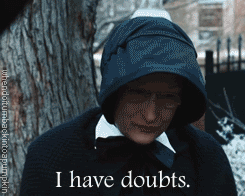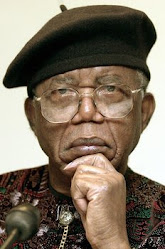 Dantala's a Muslim boy living in northern Nigeria. His dad is dead, his mother is a shell of her former self due to a family tragedy, and his siblings are scattered. At the beginning of the story he lives with a band of stray, unruly boys who survive the streets by letting themselves be used by political parties to carry out election mischief. He gets redeemed by a Sheikh and is able to live a different sort of life. It's a new chapter in his life and an important part of his growth into a man. A chance happening leads to a sexual awakening but not the kind of awakening a devout Muslim can afford to entertain. These feelings arouse, sober and repulse him. Will he suppress his feelings or seek outlets for exploration? While he deals with that deals with his inner turmoil there are important, life-threatening issues needing attention. His father figure, the Sheikh, and Mallam Abdul-Nur are the heads of two factions who are continuously in discord about what Islam should mean, especially in the wake of international terrorist attacks, and what is the best path going forward both for their community and Islam in general. Tensions rise, things escalate, and people fall left and right.
Dantala's a Muslim boy living in northern Nigeria. His dad is dead, his mother is a shell of her former self due to a family tragedy, and his siblings are scattered. At the beginning of the story he lives with a band of stray, unruly boys who survive the streets by letting themselves be used by political parties to carry out election mischief. He gets redeemed by a Sheikh and is able to live a different sort of life. It's a new chapter in his life and an important part of his growth into a man. A chance happening leads to a sexual awakening but not the kind of awakening a devout Muslim can afford to entertain. These feelings arouse, sober and repulse him. Will he suppress his feelings or seek outlets for exploration? While he deals with that deals with his inner turmoil there are important, life-threatening issues needing attention. His father figure, the Sheikh, and Mallam Abdul-Nur are the heads of two factions who are continuously in discord about what Islam should mean, especially in the wake of international terrorist attacks, and what is the best path going forward both for their community and Islam in general. Tensions rise, things escalate, and people fall left and right.I haven't read a lot of novels set in northern Nigeria and featuring Muslim protagonists. It makes this book especially more important in the overall quest for more diverse voices from Nigeria and the African continent. While reading Born on a Tuesday and after I was done with it I kept thinking that the novel would mean a little more and I would feel a little more if I could really understand the context of the life portrayed and the gravity of its weighty issues. I'm not saying only northerners or those with a Muslim background would understand Born on a Tuesday. I'm saying I'd probably be a little more heartbroken at the end if I had been able to connect to all of this a little more. I first read Elnathan John in the The Caine Prize for African Writing 2015 Anthology titled Lusaka Punk and Other Stories. I liked his short story Flying. Born on a Tuesday is a good read.
READ:
The Caine Prize for African Writing 2015 Anthology | Book Review
[Image via Amazon]





















